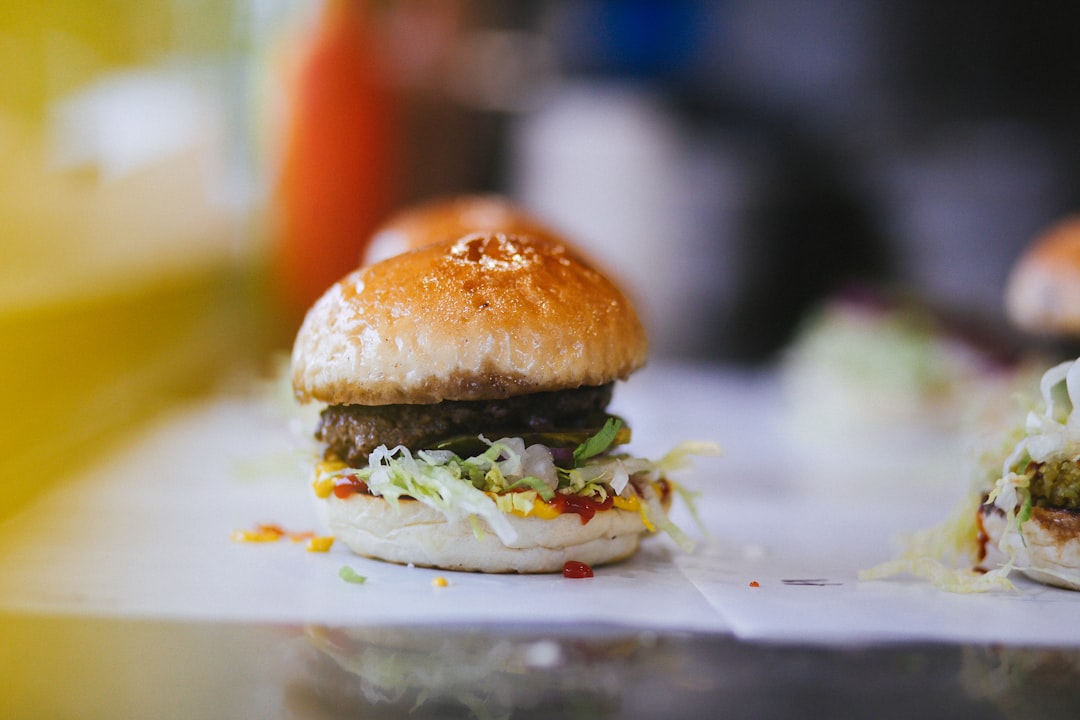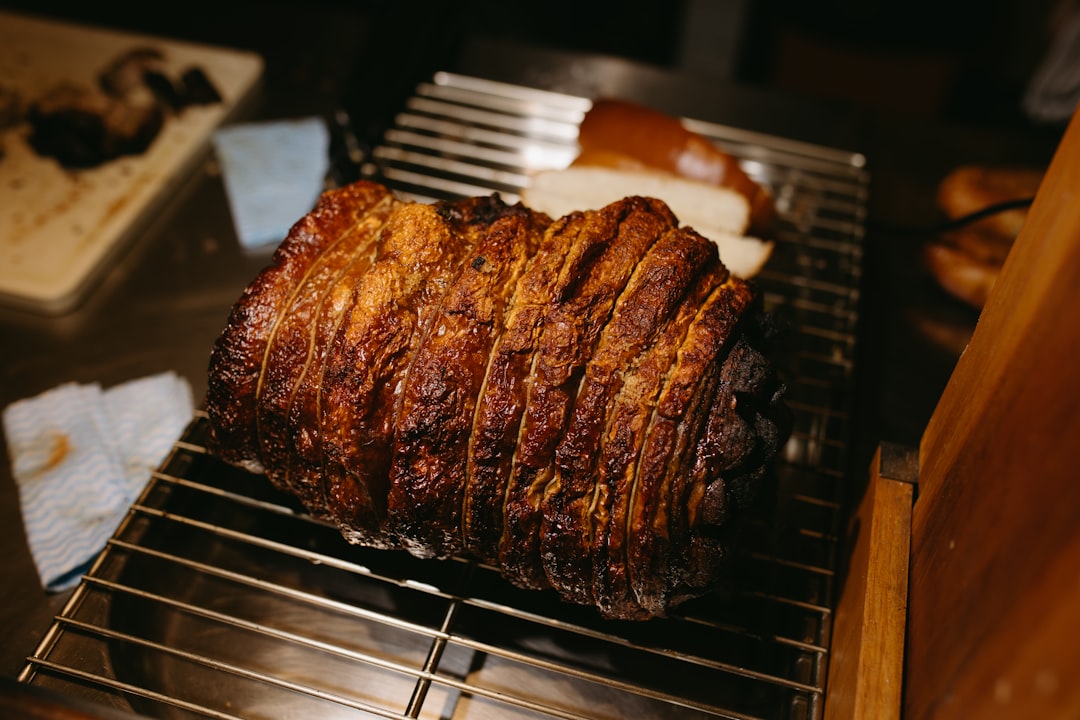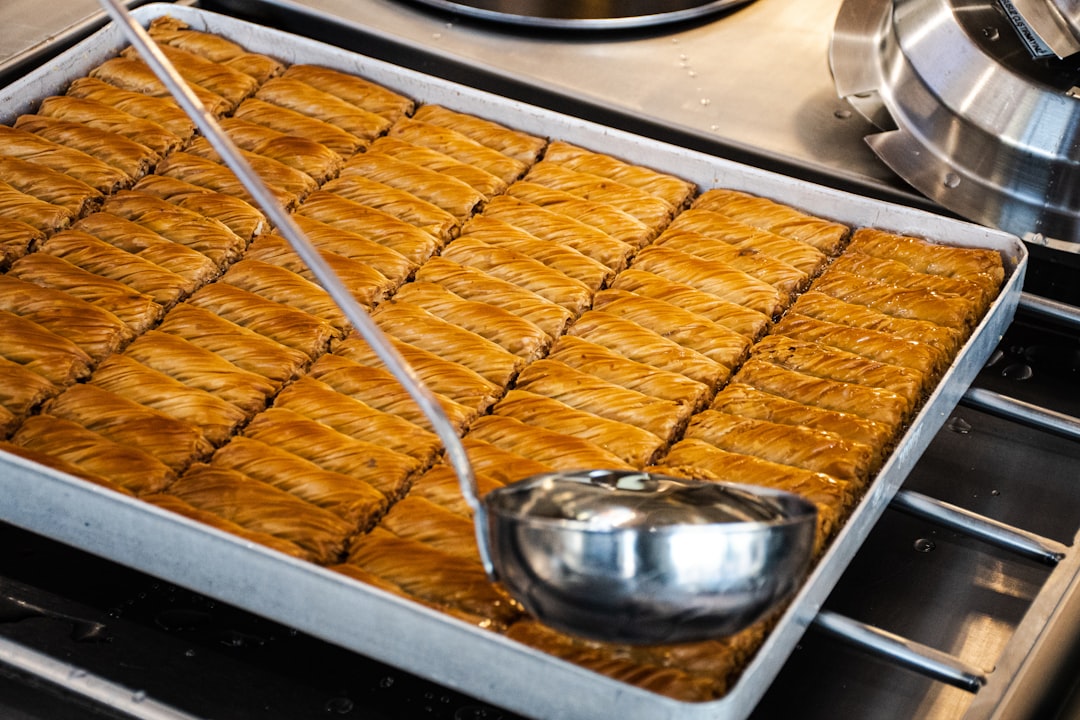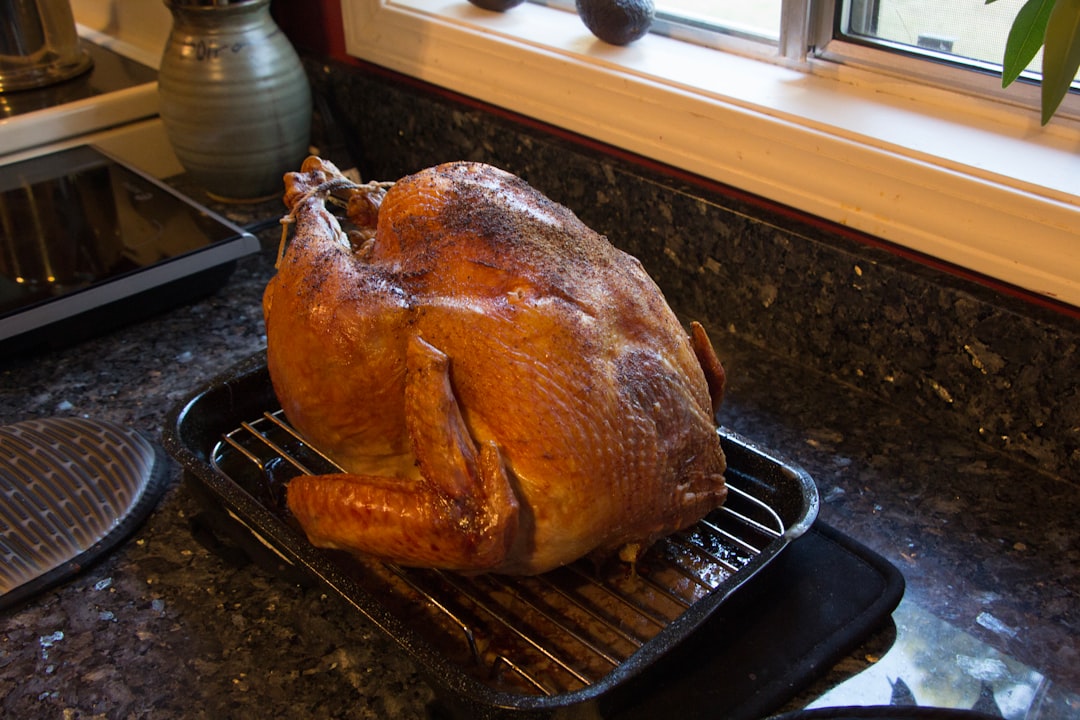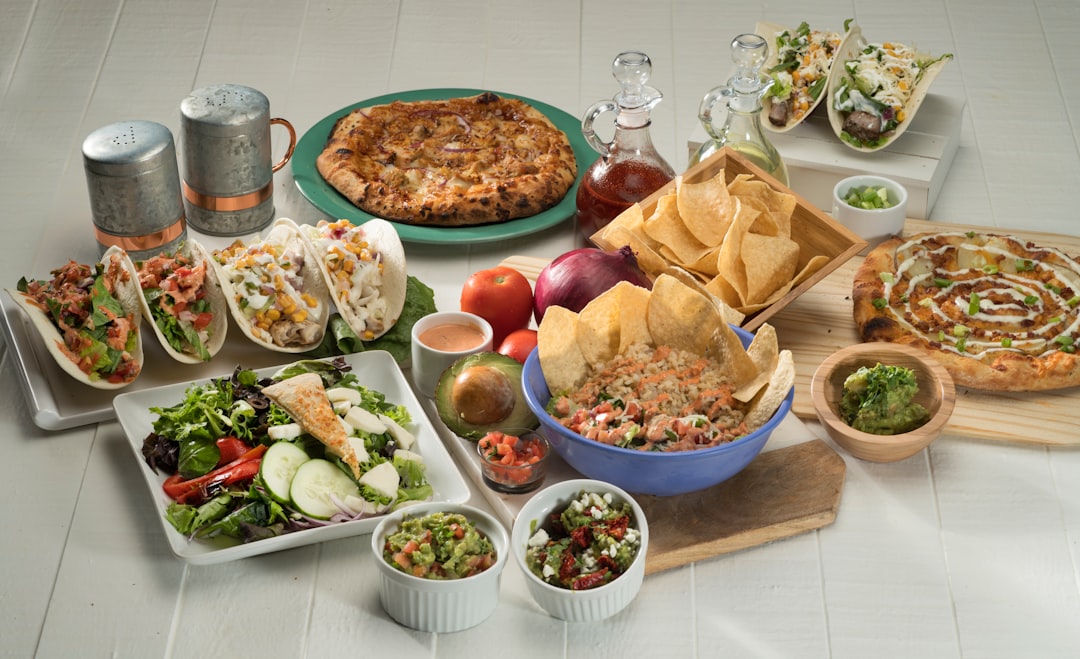
In the hustle and bustle of modern life, it's all too easy to let healthy eating take a backseat. Long work hours, endless errands, and the constant pull of convenience foods can make it seem impossible to maintain a balanced diet. But fear not! With our comprehensive healthy meal plan guide, you can conquer even the busiest days and feel better than ever.
First and foremost, it's important to understand the role that diet plays in our overall health. A balanced diet, rich in fruits, vegetables, lean proteins, and whole grains, provides our bodies with the essential nutrients they need to function at their best. It can boost our energy levels, improve our mood, and even help prevent chronic diseases such as heart disease, diabetes, and obesity.
So, where do you start? The first step is to consult with a dietitian. These experts can provide personalized advice based on your specific health goals, dietary preferences, and lifestyle. They can help you create a meal plan that is not only nutritious but also delicious and easy to follow.
One of the key tips from dietitians is to plan your meals in advance. This can save you time and stress during the week, as you'll know exactly what you're going to eat and have all the ingredients on hand. Start by making a weekly meal plan, including breakfast, lunch, dinner, and snacks. Then, create a shopping list based on your meal plan and head to the grocery store.
When it comes to healthy recipes, variety is the spice of life. Don't be afraid to try new things and experiment with different ingredients and flavors. There are countless healthy recipes available online and in cookbooks, so you're sure to find something that you and your family will love.
For breakfast, consider options such as oatmeal with fresh fruit and nuts, a vegetable omelet, or a smoothie made with Greek yogurt and berries. These are all quick, easy, and nutritious ways to start your day.
Lunch can be a great opportunity to incorporate more vegetables into your diet. Try a salad with grilled chicken or fish, a vegetable stir-fry, or a whole grain wrap filled with lean protein and veggies. And don't forget about snacks! Healthy snacks, such as carrots and hummus, apple slices with peanut butter, or a handful of nuts, can help keep you feeling full and satisfied between meals.
Dinner is often the most challenging meal of the day, especially if you're short on time. But with a little planning and preparation, you can still enjoy a healthy and delicious dinner. Look for recipes that are quick and easy to make, such as sheet pan dinners, one-pot meals, or slow cooker recipes. These can be made in advance and reheated throughout the week, making them perfect for busy weeknights.
In addition to planning your meals and trying new recipes, it's also important to pay attention to portion sizes. Even healthy foods can contribute to weight gain if you eat too much of them. Use measuring cups and spoons to help you control your portions, and try to eat slowly and mindfully, savoring each bite.
Finally, don't forget to stay hydrated. Drinking plenty of water throughout the day is essential for our health. It can help flush out toxins, keep our skin looking healthy, and even improve our digestion. Aim to drink at least 8 glasses of water per day, and more if you're exercising or spending time in hot weather.
To help you get started on your healthy eating journey, we've put together a 14-day healthy meal plan. This meal plan includes a variety of delicious and nutritious recipes that are easy to make and suitable for busy individuals and families. You can customize the meal plan based on your own preferences and dietary needs, and feel free to swap out recipes as needed.
Day 1:
- Breakfast: Oatmeal with almond milk, banana, and chia seeds
- Snack: Apple slices with almond butter
- Lunch: Turkey and vegetable stir-fry with brown rice
- Snack: Carrot sticks with hummus
- Dinner: Baked salmon with roasted vegetables and quinoa
Day 2:
- Breakfast: Greek yogurt with honey, granola, and berries
- Snack: Hard-boiled egg
- Lunch: Chicken Caesar salad with whole grain croutons
- Snack: Mixed nuts
- Dinner: Vegetable lasagna with whole wheat noodles
Continue this pattern for the remaining 12 days, including a variety of breakfast, lunch, dinner, and snack options. Remember to adjust the portion sizes based on your individual needs, and feel free to add or subtract recipes as needed.
By following our healthy meal plan guide and incorporating these tips into your daily routine, you can conquer even the busiest days and feel better than ever. Eating healthy doesn't have to be complicated or time-consuming. With a little planning and preparation, you can enjoy delicious, nutritious meals that will nourish your body and mind.


